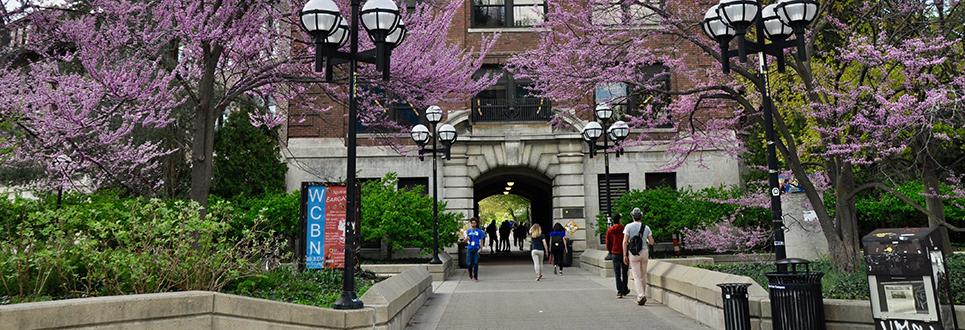Military Mobilization


The U.S. Department of Education has established guidelines for military personnel who are activated or reassigned for more than 30 days. The U.S. Secretary of Education treats borrowers who are ordered to active duty and who have Federal Direct Loans, Perkins Loans, or Health Professions or Nursing Student Loans in accordance with this guidance. The following information is taken from a September 2001 letter from Department of Education Deputy Secretary William D. Hansen (GEN-01-13):
If a borrower's loans are in an in-school status, an in-school deferment status, or in a grace period status when the borrower is ordered to active duty or reassigned, the loans must remain in that status during the period of the borrower's active duty service or reassignment, plus the time necessary for the borrower to resume enrollment in the next regular enrollment period that is reasonably available to the borrower, if the borrower wishes to go back to school. However, this maintenance of loan status may not exceed a total of three years including the period of time necessary for the borrower to resume enrollment.
Additionally, if the loan was in a grace period status at the time the borrower was ordered to active duty, the period of time during which the borrower was serving on active duty is excluded and the borrower would receive the full grace period in the future.
For borrowers whose loans are in repayment (other than those in an in-school deferment status), a forbearance must be granted for the expected period of the borrower's active duty service, beginning on the first day of active duty, not to exceed one year. (Forbearance postpones or reduces a borrower's monthly payment for a limited and specified period. Interest is charged during a forbearance period, regardless of loan type.) The forbearance must be granted at the borrower's request or request of the borrower's family or another reliable source. The request need not be written and the forbearance can be granted without supporting documentation and without a written agreement. The reasons must be documented in the borrower's loan records. Forbearance beyond the initial period will require supporting documentation and a written agreement unless the U.S. Department of Education provides guidance extending the one-year limitation. During the initial forbearance, servicers are encouraged to examine the borrower's eligibility for a military or other deferment.
If a borrower is in default, schools and/or the department must cease all collection activities for the expected period of the borrower's military service upon being notified that the borrower has been called to active duty unless the U.S. Department of Education provides guidance extending this period. Collection activities must resume no later than 30 days after the end of the borrower's military service.
The U.S. Department of Education encourages schools to provide a refund of required tuition, fees, and other institutional charges, or to offer a credit in a comparable amount against future charges for students who are forced to withdraw from school as a result of the military mobilization. In addition, we urge schools to consider providing easy and flexible re-enrollment options to affected students.
If a Title IV eligible student withdraws because of being called to active duty, or has been otherwise impacted by the military mobilization, the school must perform the Return of Title IV Funds calculations that are required by the statute and regulations (34 CFR 668.22). If those calculations result in the school being required to return funds to one or more of the Title IV federal aid programs, it must do so. In many cases such a return of funds by the school will reduce the student's loan debt. An institution, however, is not required to collect an overpayment of grant funds based on the Return of Title IV Funds calculation. Therefore, the school is not required to contact the student, notify NSLDS, or refer the overpayment to the department.
Note: For information on refund and repayment policies at the University of Michigan, see our Terms and Conditions page.